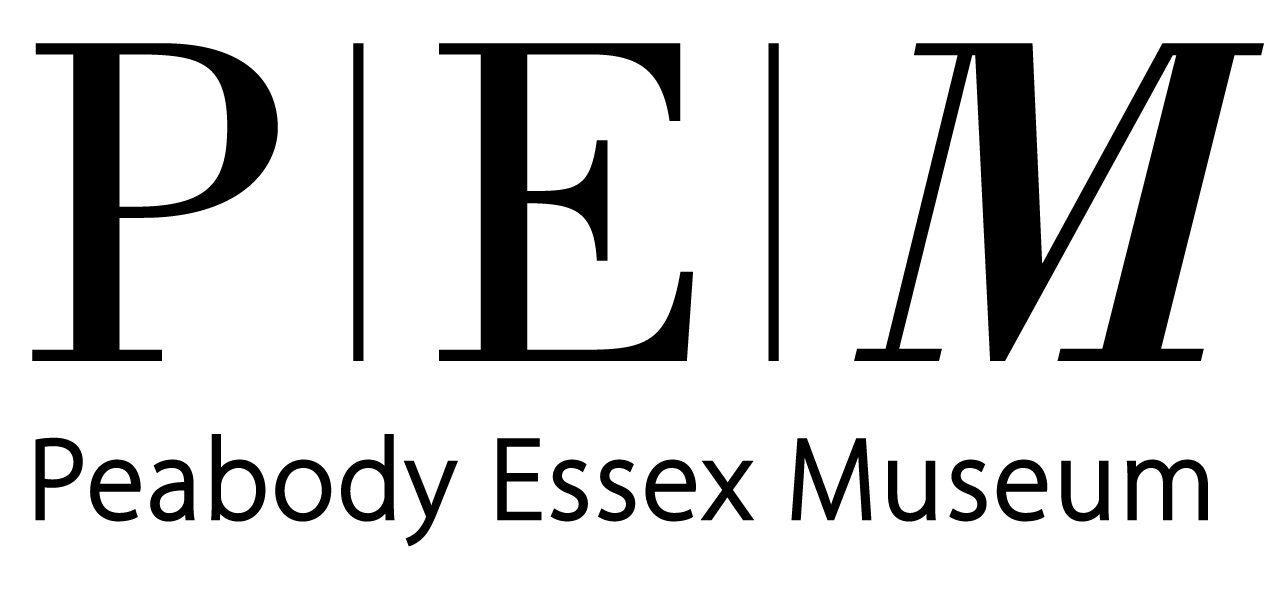

By Shelley Sackett
DAWNLAND tells the story of the state of Maine's effort to come to terms with a shockingly shameful part of its history, when state welfare workers removed Indian children from their families and placed them in foster care. The film follows the work of the state's Truth And Reconciliation Commission, set up in 2012, which gathered stories from the state's indigenous people. It premiered at The Cleveland International Film Festival and recently won the 2018 Jury Award for Best Documentary at the Woods Hole Film Festival.
Salem Film Fest Selection Committee member Shelley Sackett had a chance to talk with co-director and cinematographer Ben Pender-Cudlip, ahead of DAWNLAND’S North Shore premiere, which will take place at The Peabody Essex Museum on Friday, September 21 at 7:00pm.
SS: How did you first get involved in filmmaking?
BP-C: In 2009 I was working in computer consulting. My company was a sponsor of a local film festival (IFFBoston), so I used our complimentary passes and saw a ton of nonfiction films. After going to a bunch of Q&As and talking to directors, I decided: I could do this! So I went to work on Monday, gave my two weeks’ notice, and started figuring out how to make films. DAWNLAND is my first documentary feature, and I’m thrilled that it has the chance to have a really robust social impact.
SS: How did you get involved with this project?
BP-C: Co-director Adam Mazo and I had collaborated on other issue-oriented documentary projects. Our friend and colleague Dr. Mishy Lesser—the exceptional learning director for the Upstander Project—heard about the TRC in its formative stages via WBUR. Adam reached out to the TRC and REACH and after 8 months of conversation we were invited to make a film about the process. I joined as co-director and cinematographer, and we ended up spending two years traveling back and forth from our homes in Boston to Maine filming the TRCs work, and gathering the material to tell the story of Indigenous child removal in the United States.
SS: What compelled you to tell this story? What about it ignited a fire in your belly?
BP-C: I didn’t know that Native children were being stolen from their homes by state agents, and I wasn’t aware of this country’s long history of separating Native families. I was shocked and wanted to learn more. I’m a non-Native person, and I feel an obligation to try to end institutional racism in the United States. DAWNLAND allows us to tell a story about a present-day investigation that sheds new light on past wrongs, exposes current injustice and contributes to healing and change.
SS: What do you hope audiences take away from this film?
BP-C: I hope audiences understand that this isn’t just a story about the past. The child welfare crisis in Indian Country is ongoing, especially in places like Minnesota where Native children are 20 times more likely than white children to be in foster care. Genocidal policies have a ripple effect from generation to generation, and whole communities are being damaged. And the same basic impulse is playing out at the southern border under the moniker of “family separation,” predicated on the same belief that families of color are worth less than white families.
SS: What have been some of the audience responses at screenings? Given its special place in the narrative, was the Maine screening different?
BP-C: Before releasing DAWNLAND widely, we held a series of screenings in Wabanaki communities. It was a very emotional experience to watch the film with the same people who had stared down the pain and come forward to share their stories of survival and resilience with the commission. In one community, people sang along to songs in the soundtrack. In another, we had a circle discussion afterwards and somebody chose that moment to share their story for first time. It’s our highest dream that this film will help Wabanaki people heal.
SS: Anything else you'd like to share?
BP-C: We hope DAWNLAND viewers will come to understand that Wabanaki and Native people are still here. We hope teachers will use the film and companion teacher’s guide with students nationwide, and especially in New England where this story is especially relevant. In particular, for teachers on the north shore and greater Boston, we’d love to invite them to participate in the Upstander Academy in Boston in summer 2019 to learn about genocide and human rights with the DAWNLAND team and film participants.
DAWNLAND will screen at the Peabody Essex Museum on Friday, September 21, 2018 at 7pm

